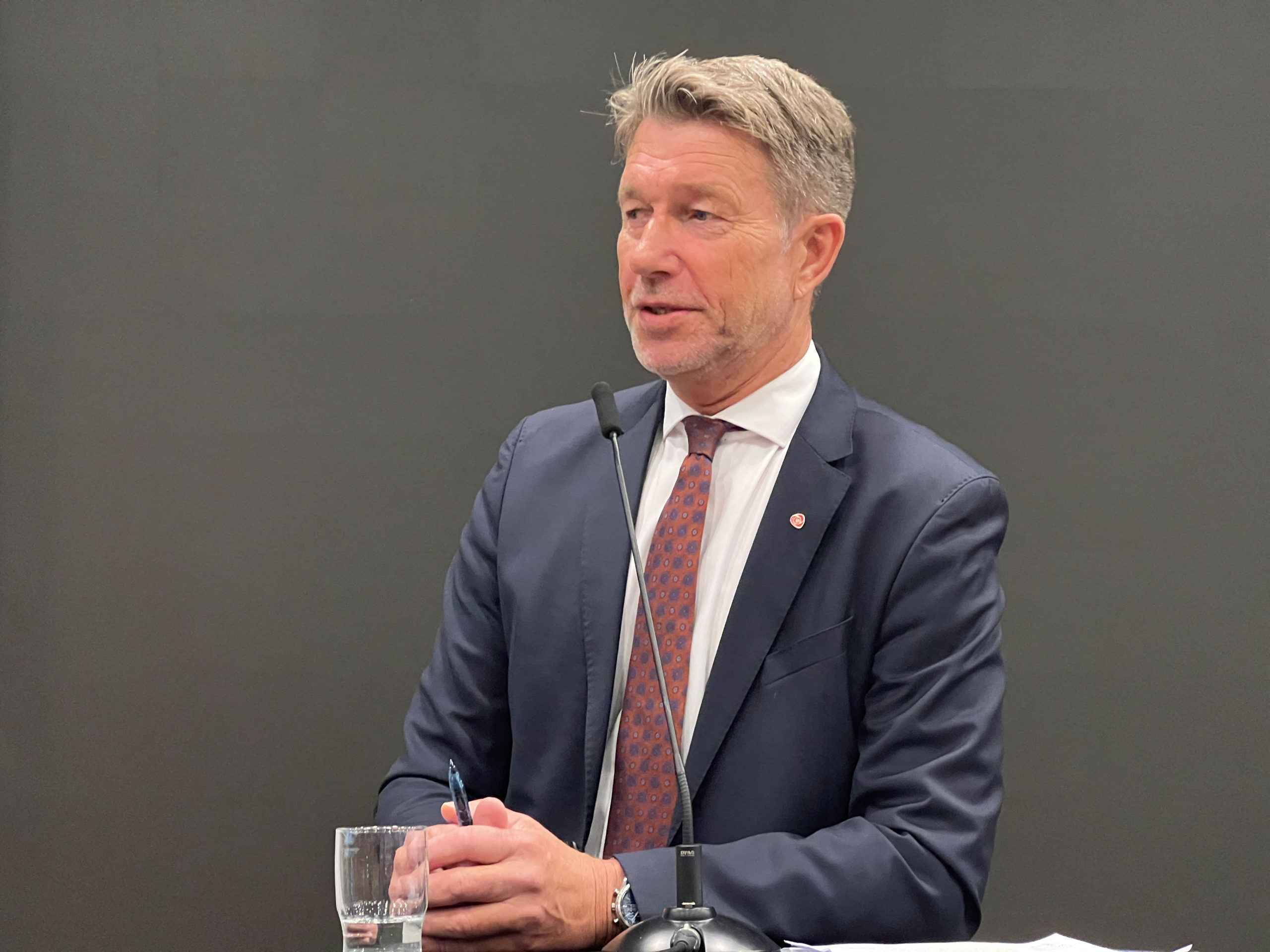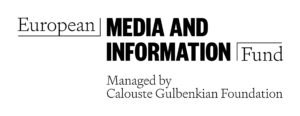Norway awards 47 oil and gas exploration permits
Two of the permits were in the Arctic waters of the Barents Sea.

SANDEFJORD, Norway — Norway has awarded 47 new offshore oil and gas exploration permits to 25 firms in its latest mature areas licensing round, the energy minister said on Tuesday.
“Today’s award is an important contribution to ensuring that Norway remains a safe and predictable supplier of oil and gas to Europe,” Minister of Petroleum and Energy Terje Aasland told an industry conference in Sandefjord in southern Norway.
The government remains committed to maintaining industrial activity on the Norwegian continental shelf, he said.
Each of the 47 drilling permits — 29 in the North Sea, 16 in the Norwegian Sea and two in the Arctic Barents Sea, will have multiple owners.
Norwegian state-controlled energy major Equinor was the single biggest recipient with stakes in 26 of the licenses, of which it will be the operator of 18.
Norway overtook Russia as Europe’s biggest gas supplier last year, after Moscow cut off much of its supply.
Norway’s oil output is expected to rise by 6.9 percent this year while gas volumes are predicted to remain unchanged near record highs, the Norwegian Petroleum Directorate (NPD) said on Monday.
Norwegian independent oil firm Aker BP won stakes in 17 licenses, of which the will operate nine, while Eni’s Norwegian subsidiary Vaar Energy won stakes in 12 licenses, including five operatorships.
Among other international players, Germany’s Wintershall Dea won stakes in 11 licenses and will be operator of three of them.
Norway’s awards in pre-defined areas (APAs) are licenses to explore for oil and gas in mature areas.
Reporting by Nora Buli and Nerijus Adomaitis.
This article has been fact-checked by Arctic Today and Polar Research and Policy Initiative, with the support of the EMIF managed by the Calouste Gulbenkian Foundation.
Disclaimer: The sole responsibility for any content supported by the European Media and Information Fund lies with the author(s) and it may not necessarily reflect the positions of the EMIF and the Fund Partners, the Calouste Gulbenkian Foundation and the European University Institute.
